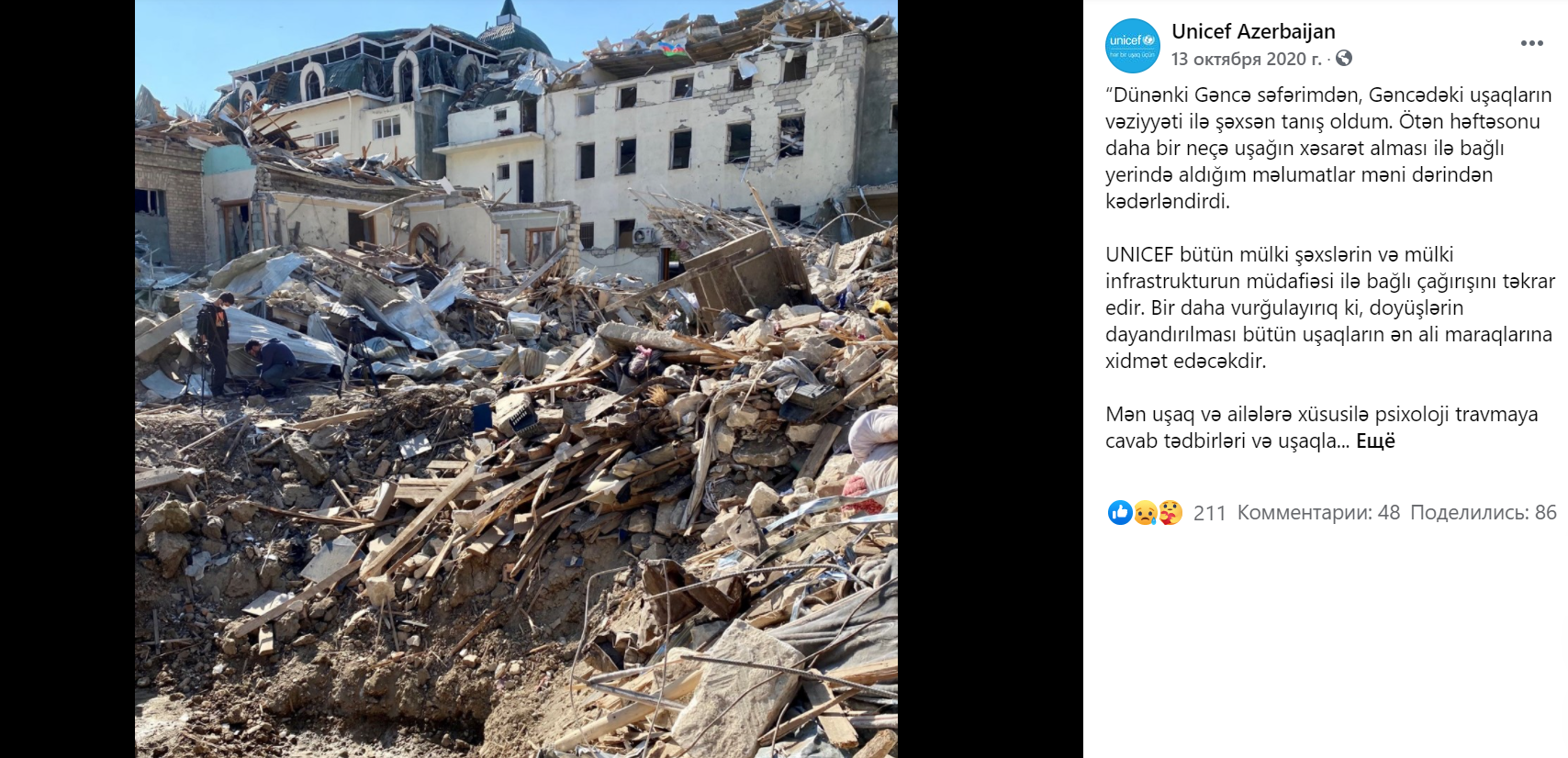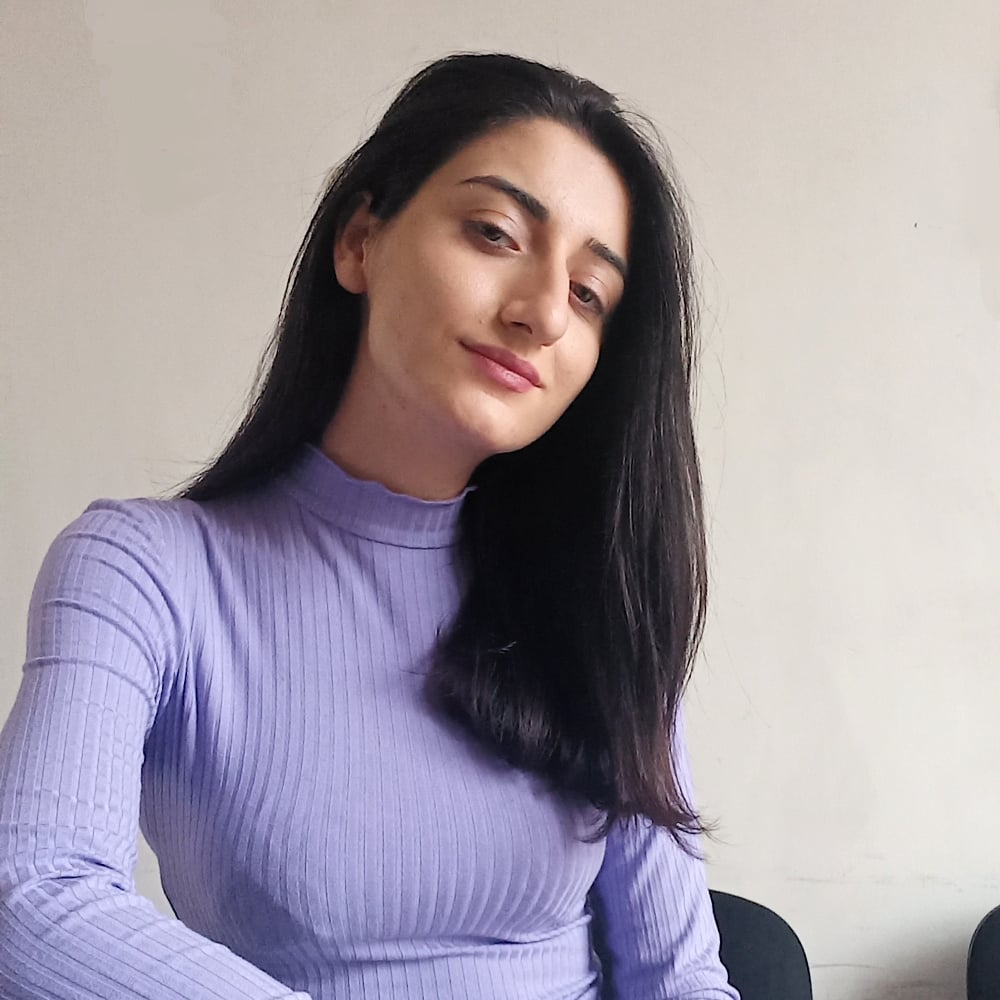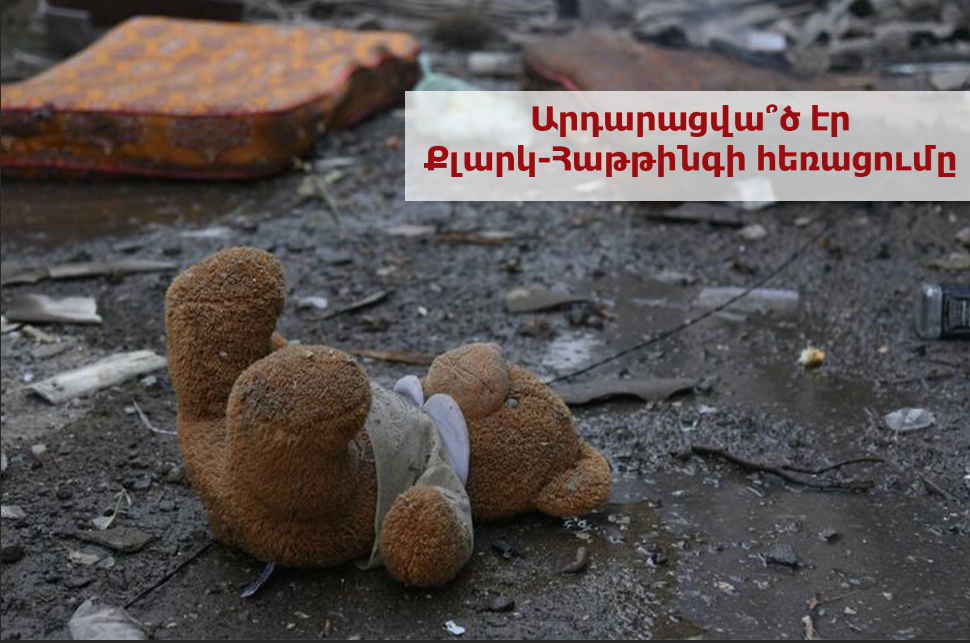The UNICEF Armenia Office for the Protection of the Rights of the Child recently denied the news that the head of the organization, Marianne Clark-Hattingh, had left Armenia. On March 8, Sputnik Armenia wrote that she had left the country in a hurry. Referring to the source as the Ministry of Foreign Affairs, the news outlet noted that the reason for the urgency was the mistake made during the mission in Armenia. Citing the Mediaport Telegram post, a number of media outlets (1 2 3 4 5 6) linked her removal to spying for Azerbaijan and the United Kingdom and wrote that she had been declared a “persona non grata.”
The RA Ministry of Foreign Affairs confirmed the news of Clark-Hattingh’s termination of office, but linked the decision “with the shortcomings of the leader in the implementation of the mandate and the non-cooperative style of work.” On March 10, there was also a response from UN Spokesman Stéphane Dujarric․ He described the allegations against Clark-Hattingh as baseless.
Many attribute the decision to fire the head of the UNICEF Armenia office to the organization’s indifference during the 44-day war. For example, in an interview with RFE/RL, human rights activist Zara Hovhannisyan said that civilians, including children, suffered as a result of the hostilities, but the organization did not respond. It should be noted that similar concerns were expressed by many other people during the war in the comments of the Facebook page of the UNICEF Armenia Office.
Let’s try to understand what public steps were taken by the two offices of the authoritative international organization during the war (Armenia and Azerbaijan), did the Armenian office really take a conventional position and not fulfill its obligations?
UNICEF in Armenia
- On October 6, 10 days after the war, UNICEF responded for the first time to hostilities, calling for the protection of civilians and civilian infrastructure. The announcement was the same in both UNICEF branches. Many considered this official announcement to be late, as on September 27, the first day of the war, one child had already been killed in the Martuni region, and two days later, on September 29, the number of children killed had become two. During that time, 19 civilians were killed and 80 were injured in Artsakh.
- On October 15, the second announcement was made, which made note of the fact that there was a severely injured 14-year-old child in the Sotk community. UNICEF thus reaffirmed its call for the protection of the population and civilian infrastructure. In addition to injuring a 14-year-old child, on October 15 it was already known that 2-year-old Artsvik was wounded in a heavy bombardment in Martuni, and his 9-year-old sister died. During that time, 24,000 children were deprived of the right to attend school.
On October 16, a group of citizens held a protest in front of the UN office in Armenia. One of their demands was that UNICEF properly and fairly respond to the war crimes committed by Azerbaijan.
- The next day, UNICEF announced that it was visiting injured children in Armenia and the Nagorno-Karabakh conflict zone. The names of 3 children were mentioned in the announcement. At the same time, a post condemning the “ongoing conflict in Nagorno-Karabakh and beyond” was published on the website, phrased as neutral as possible.
- On October 28, both the Armenian and Azerbaijani services issued a statement on the hostilities taking place in Nagorno-Karabakh (Azerbaijan was also mentioned outside Nagorno-Karabakh) for more than a month. The names of the children killed as a result of the conflict were mentioned here and condemning calls were made.
These were all the reactions from the UNICEF Armenia office during the war.
UNICEF in Azerbaijan
- The next announcement of UNICEF, the Azerbaijani office after October 6, was on the 13th of the same month. The head of the structure, Edward Carwardine, visited Ganja and published a photo of one of the destroyed houses, writing that he was saddened to learn about new cases of child abuse. He also wrote that he had met with Presidential Assistant Hikmet Hajiyev in Ganja and expressed readiness for UNICEF to provide assistance to children.

- In a statement issued on October 14, the service said that a meeting had taken place between UNICEF and the State Committee for Family, Women and Children Affairs of Azerbaijan. An agreement was reached on providing psychological support to the children affected by the situation.
- On October 17, the organization republished Edward Carwardine’s post. The latter wrote that he was saddened to learn about the 3 children who died as a result of the conflict in Ganja. At the same time, a call was published on the official website condemning the hostilities in Nagorno-Karabakh and abroad, with the same content as the publication of the Armenian service.
- On October 23, the office announced that it had met with psychologists and social workers affected by the conflict in Ganja, Barda, Aghjabad and Geranbo districts. They were provided with psychological “first aid.”
The statement of October 28, as it was mentioned, was identical with the call of the Armenian service.
These were the reactions of the Azerbaijani service to the conflict during 44 days. However, it is also important that in the days following the tripartite announcement, the UNICEF Office in Azerbaijan is actively involved in supporting children affected by the conflict and raising their concerns. The head of the service visited Aghdam and Aghjabad to provide assistance to injured children. It should be noted that no case of Marianne Clark-Hattingh’s visit to Nagorno Karabakh is reflected on the website either during or after the war.
UNICEF operates in 190 countries and territories. The goal of the structure is that every child from early childhood to adolescence has the opportunity to maintain and develop life. The structure has been operating in Armenia since 1994.
Ophelia Simonyan







